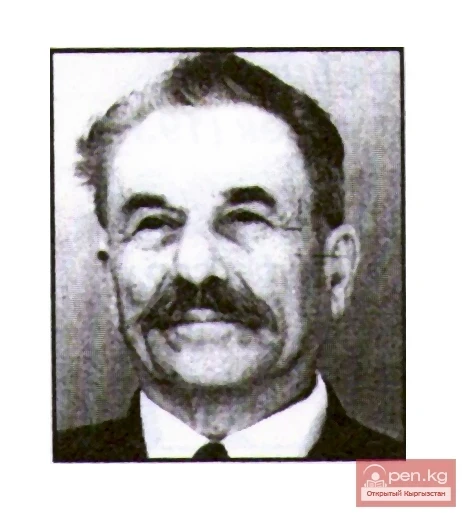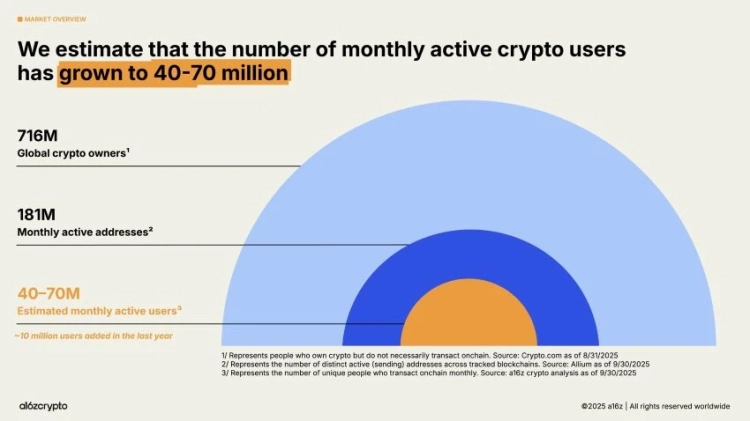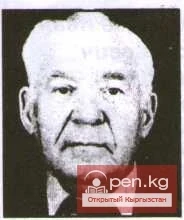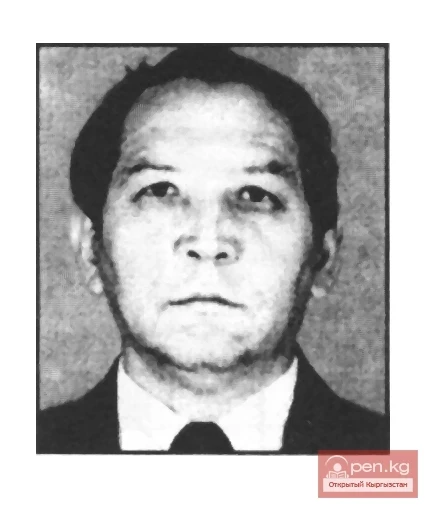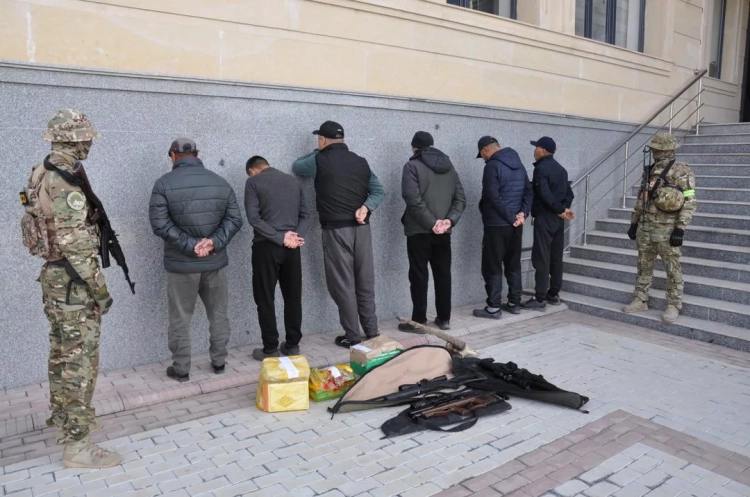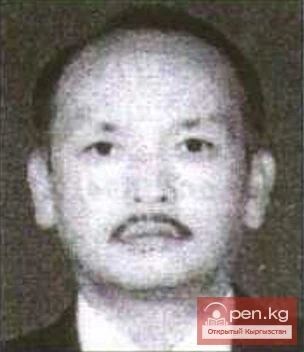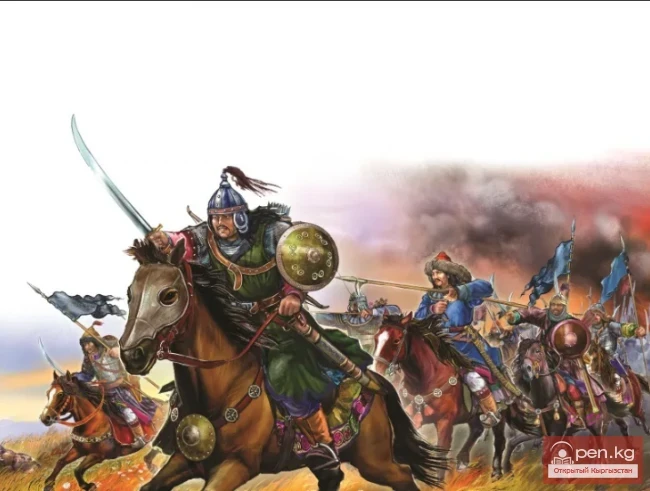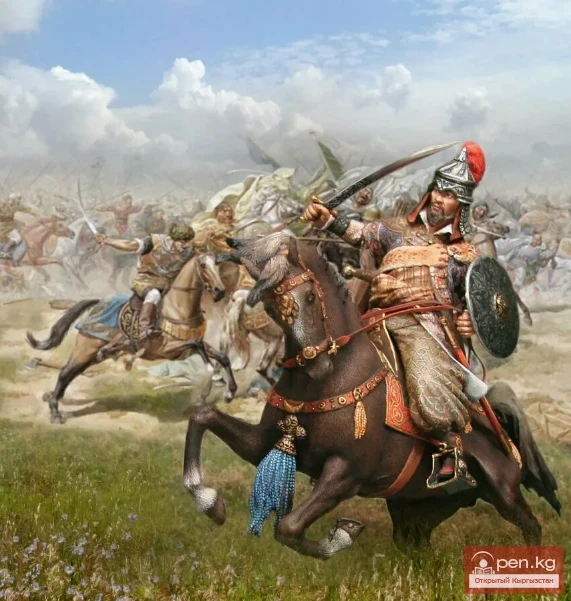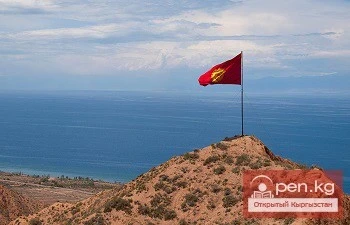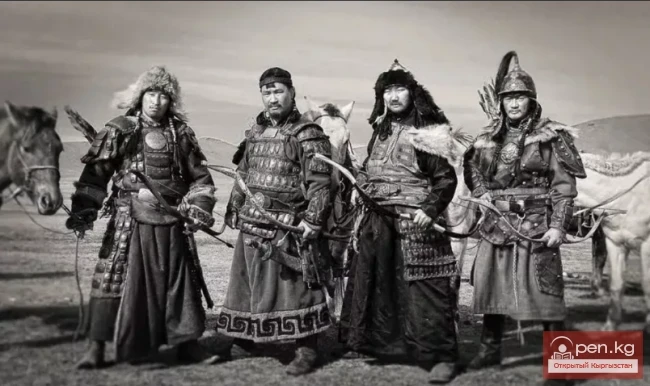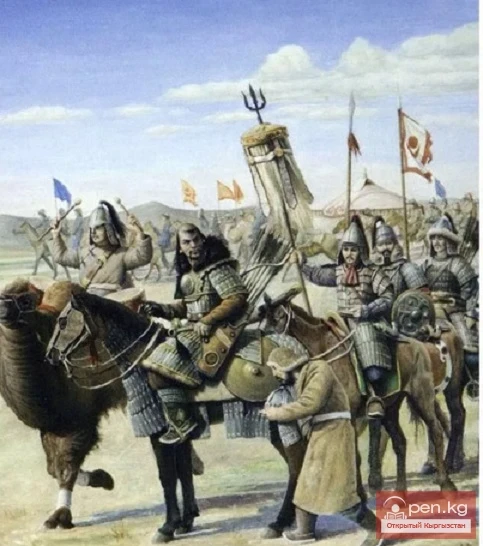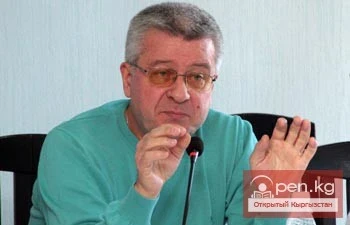
Sergey Masaulov, head of the Center for Prospective Studies, spoke to News-Asia about how not to lose the state due to the absence of a unified state ideology and information policy.
- How capable is the republic, in the current absence of a unified official state ideology, to counter threats from the Internet: the spread of extremist ideas, nationalism, xenophobia?
- Your question included the term "absence of ideology." Every country has a program for how to live, but in some cases it reaches the level of the state, while in others it does not. Or someone declares outright nonsense about the need for de-ideologization, and the common idea is lost. Then the struggle of various groups, mafias begins over who will impose their opinion. In Russia, at one time, it was the structures of Berezovsky and Khodorkovsky; there are similar analogues in Kyrgyzstan. So ideology always remains; the question is how to work with it. Our state has a different problem. In an informational sense, there is no image of where the country is heading, what will happen to it in 10-20 years. When I started this conversation and tried to gather 5-7 influential people from the upper echelons on this topic, I encountered two things. First, they were practically silent; it turned into my monologue rather than a dialogue. Second, they all believe that they are proclaiming the truth, and everyone else should look at them with reverence and follow their directives. In terms of information, the state has neither a concept nor a doctrine regarding how various services and press services should operate to work with journalists. The press service, instead of making information about what a particular government agency is doing publicly available, carefully guards it and only provides some informational snippets, saying that only this can be published because this snippet highlights their agency's activities in a favorable light. Instead of attracting cooperation from different journalists from various publications with different viewpoints, they limit themselves to this. And as a result, there is not even a press service for the Prime Minister! The former head of the service, Gulnura Toralieva, understood the specifics of the work, but journalists complain about the new staff. So we can talk about a complete absence of information policy.
- Can only the state form it? Or can civil society also play a part? For example, by creating public pages on social networks, alternative to "Square Wadded Hats," "Anti-TS," and other similar communities.
- Civil society is currently fighting this problem, and it is also civil society that shapes the politics of extremism and nationalism in social networks. And the youth follows them. State media have practically nothing to do with this brainwashing: everyone is online, processing future like-minded individuals and counting the results. The Internet has become a distributed information university where various worldview issues are raised. I am a participant in many communities, and I behave like a professor because I work with the audience. Sometimes I engage in discussions; sometimes I propose content, and they discuss me. For example, when I suggested Muammar Gaddafi as a positive figure of modernity, replacing the image of Che Guevara in the modern world. And I received a full spectrum of opinions on this issue. It was only necessary to review the comments and engage in dialogue with the most interesting commentators: why do you think that? Is it an emotional decision, or can it be justified? And where is the evidence base and facts supporting it? At this stage, my interlocutors understand that they can gain some new information, and they become interested. I explain to them how to think, to think systematically, defending any position, and teach them the technology of thinking. If you want to believe that the world should be exactly like this - go ahead! Just justify it reasonably, be able to defend your point of view based on facts. Many people communicate with me, including oppositionists, nationalists, and mercantilists... Others do not do this, although it is necessary to raise the overall level of literacy. Then opponents will be able to hear each other and engage in dialogue, receive feedback, rather than exchanging simple accusations and expressing their ideas. Because we need to work in this direction not at round tables, but through discussions. Inviting representatives of different movements and parties to the table and allowing them to debate, seek common paths, rather than reading reports piece by piece.
Information policy is influenced not only by communities but also by online media. Look at the internet pages of popular publications that have been developing intensively in recent years - they work with journalists without limiting them, but first process them. These media practically have no editorial policy, "what is allowed" and "what is not." Somewhere they violate journalistic ethics, yes. But these media are either neutral or negative towards the authorities. However, their negativity is constructive, not just powerless cursing, but also a possible way out within the new framework of a new ideology. It can be called "mercantilist indifference"; in short - we don't care what you tell us, we see it differently and will live differently. And it is winning; it really works!
- Kadir Malikov recently voiced the opinion that to counter information threats and ISIS, a new ideology is needed, possibly even the removal of Kyrgyzstan's status as a secular state. Do you consider this measure effective? And can it become a barrier against the "indifference idea"?
- By no means. This is one of the positions, no more. If this position aims to form society, then it is analogous to the Tajik Islamic Revival Party. From a political point of view, I disagree with it: I will always advocate for the necessity of maintaining secularism and equal rights for all other religions in Kyrgyzstan, even if such a forming religion becomes Orthodoxy. This position carries a totalitarian character, reaching the level of the state. I regularly visit Iran and know what that is like. The ayatollahs have already realized that they need to move away from the totalitarian variant that was entrenched during Ahmadinejad's time, and fortunately, Shiism allows for this. Otherwise, the development of the natural sciences will stop, people will be afraid to think broadly, and the country will halt in its development. After all, religion interprets not only the ways of the country's development, where and in what direction its citizens should go, but also interferes with morality, ethics, culture, art, and finally, appearance. For example, in Tehran, there is a real war of youth against dogmas. University students must wear closed clothing and a headscarf. But they create high hairstyles, on which the headscarf barely stays with pins, do makeup, paint their nails, wear specially tailored pants that emphasize the beauty of their legs, and fitted outerwear resembling a Red Army overcoat... And the guys accept this. And in Isfahan, on one of the 16th-century bridges, in the niches of the bridge, loving couples can even hug and kiss if there is no one around. If a passerby appears, they sit apart from each other. All canons are observed - this is a real struggle of dissent against enslavement. This can also happen in Kyrgyzstan. My opinion is that any theocratic system hinders the development of the state.

